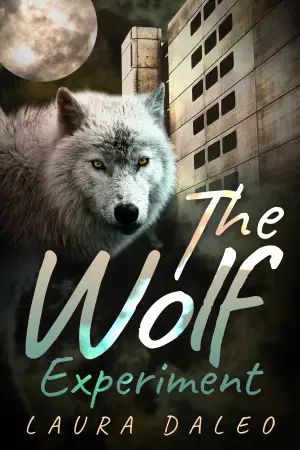Unraveling Time: A Journey with H.G. Wells’ The Time Machine
When I first picked up H.G. Wells’ The Time Machine, I was drawn in by the iconic title and the promise of time travel—a concept that has fascinated me since childhood. The idea of venturing into the unknown future sparked my imagination, but what I found within these pages was far more profound than mere adventure. Through Wells’ remarkable lens, I was not only transported across eons but also compelled to reflect on the very fabric of humanity itself.
At its core, The Time Machine serves as a daring exploration of societal evolution and the dichotomy of human nature. Our protagonist, the Time Traveler, soon finds himself in a distant future where he encounters two distinct races: the Eloi, a seemingly idyllic yet intellectually stagnant society, and the Morlocks, who dwell underground, embodying the darker side of humanity. This juxtaposition echoed an unsettling truth about class structures and our potential trajectory, making me ponder the consequences of our current societal paths. Wells’ foresight is eerily prescient; it’s a reminder that utopia might come at the expense of our humanity.
Wells’ writing style is both captivating and archaic, evoking the 19th-century setting while simultaneously addressing timeless themes. His exquisite prose occasionally slows the pacing, allowing for reflective moments that were, at times, as thrilling as the action. One passage that stood out to me was when the Time Traveler remarked, “Time is only a kind of space.” This simple yet profound statement opened up a dialogue in my mind about the nature of existence. It reverberated with the essence of scientific inquiry—how we perceive time, and how that perception shapes our understanding of the universe.
However, I did encounter some challenges with the narrative structure, which switches perspectives from the initial narrator to the Time Traveler himself. While this shift offered a unique insight into the Time Traveler’s psyche, I found myself longing for a more cohesive voice throughout. Yet, this minor critique didn’t detract significantly from my overall enjoyment; rather, it added layers to my reading experience as I navigated through Wells’ intricate world-building.
As I turned the final pages, I appreciated that The Time Machine is more than just a tale of adventure; it’s a discourse on the human condition, the consequences of progress, and a reminder that our choices reverberate through time. This book is a classic that deserves a place on anyone’s shelf—whether you’re a seasoned sci-fi aficionado or a curious newcomer to the genre. It invites readers to question their own society and ponder what future awaits us.
In conclusion, I highly recommend Wells’ The Time Machine for those eager to reflect on the implications of progress and our place within it. Its timeless themes and captivating narrative continue to resonate today, making it an enriching read. My journey through time with this book was not just a trip through pages; it was a profound reflection on humanity itself, inspiring me to question not just where we’re going, but who we are at our core. So, if you haven’t yet taken this journey, what are you waiting for? Your time awaits!






